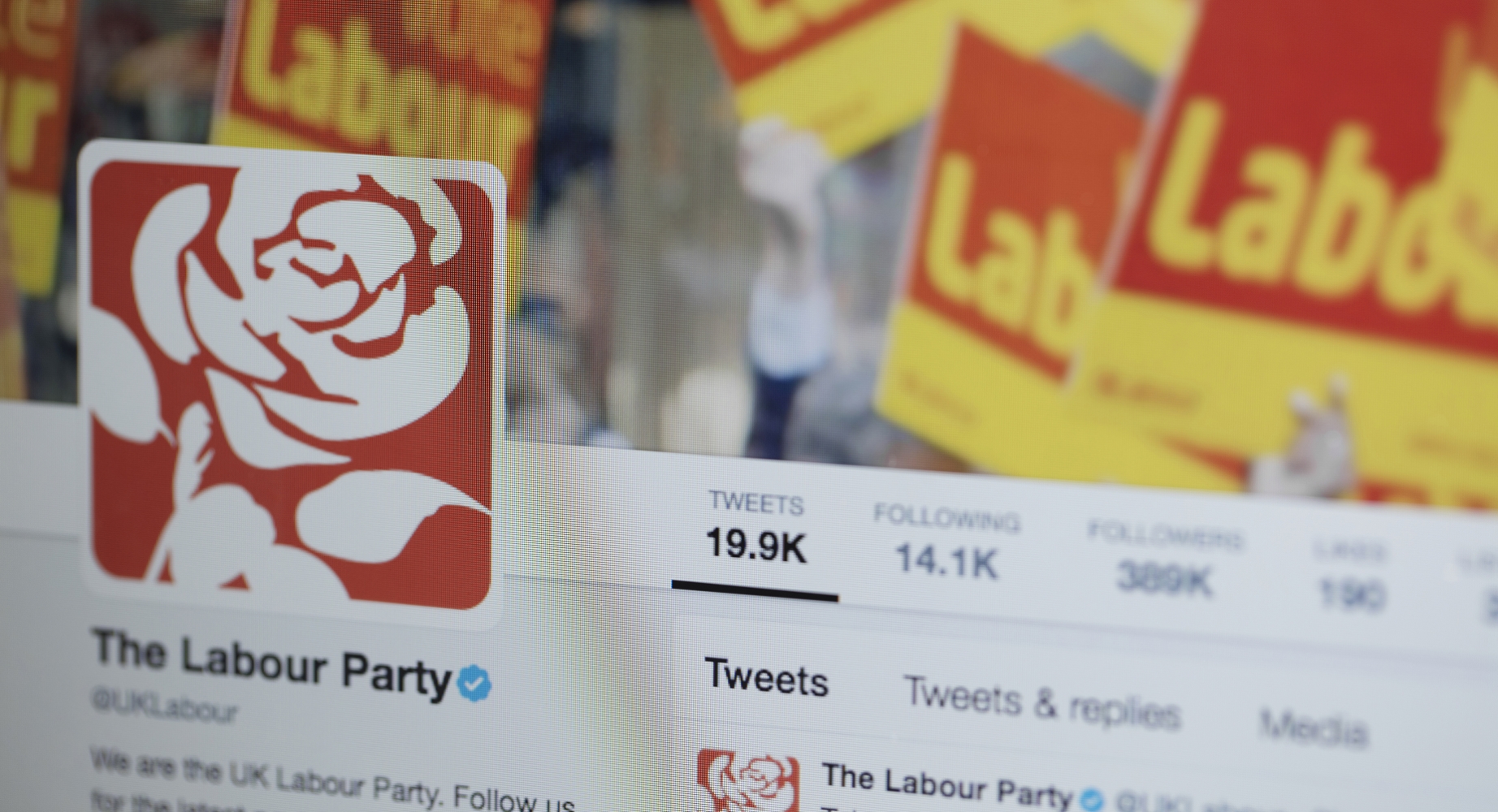Returning from a trip to the Brighton seaside Ben Winter looks at what this year’s Labour Conference means for the private sector, and what the next steps for business must be.
The last time I was in Brighton was in fact Labour Conference 2015. Businesses, on the whole, had stayed away, with the exhibition space made up almost exclusively of charities or union delegates. Many MPs were vocal in their assessment of how long Corbyn would last as leader, and those of us towards the centre of the party – whilst still shocked – were certain that this was merely a blip; an extended period of soul searching after the election defeat in 2015.
On Sunday I arrived in Brighton to a different atmosphere. The same incredulous feeling amongst those in the hotel bars – members, MPs, business representatives or journalists – had all but vanished. Something akin to stability has returned, and whilst it might not be what business had in mind, stability does encourage engagement. The number present will of course pale in comparison to Tory conference next week, but whether it is to seek opportunities or mitigate risks of a potential Corbyn government, businesses are again seeing the value in engaging.
This was very much Corbyn’s conference. From scarves to t-shirts and posters (and that chant), you couldn’t move in the exhibition centre without being reminded of the cult of Corbyn. With Momentum’s hugely successful ‘World Transformed’ taking place down the road, his supporters in full voice and those previously critical MPs either staying away or keeping schtum, Corbyn and his increasingly effective team will be toasting a job well done.
It’s clearer now more than ever that Labour’s leadership is here to stay. Corbyn et al. believe that they are on the brink of something big; a genuine shake up of UK politics that will have a lasting effect on society. They are confident that the worst of the party’s splits are behind them, with Corbyn opening his speech triumphantly underlining a “united party, advancing in every part of Britain”. The only thing that can now derail this nationalised locomotive is a colossal loss at the next general election – something that looks unlikely at present.
So what does this all mean for business? This was in fact the main topic of discussion at the Pagefield dinner on Monday evening, where we were joined by Ayesha Hazarika and Dan Hodges.
Labour are done being a pressure group and now want to be seen as a government in waiting. Message discipline across the leadership during conference was good and save an odd proclamation from the Shadow Chancellor that he was preparing for a “run on the pound” if they won power, they avoided widespread gaffs and have even done a reasonable job at projecting a vision for what a Labour government would look like. John McDonnell and Rebecca Long-Bailey have even launched a recent charm offensive on business, looking to rebuild relationships.
However, as echoed by Dan Hodges during dinner, the private sector must not kid itself that the more radical viewpoints have disappeared from the Labour policy book – the leadership has done little to try and persuade otherwise. Despite this, the fact is that with Brexit on the horizon and a Tory party still dealing with public infighting, we could see Labour forming the next government. Ignoring Labour altogether now could place the private sector in a very tricky position in the future.
But how does the private sector go about engaging with a Labour leadership that seems so set in its viewpoint? The answer is of course not simple. Business must first admit that it can no longer rely on a ‘strong and stable’ Tory government to keep a far left Labour party out of power. Neither can it expect the Tories to allow an easy ride over the next few years. Labour has a strong communicable position as to the role and responsibilities of the private sector in society and the Tories cannot afford to be painted as the party of business, not people. It’s likely we will see a significant cooling of relationships between government and those businesses or sectors perceived to be ‘bad actors’ in the coming months and years.
Second, it must start to reclaim ground in the debate, offering a bold and compelling vision for what the private sector brings to society – how it represents the ‘many not the few’. Jobs and skills are great, but the public want to also see sustainability, fairness and responsibility. There must be reasons pitched outside of economic terms as to why wholesale re-nationalisation across sectors is a poor idea. Only then will Labour’s approach look outdated and inapt.
Third, it should look to offer ideas that fill the current gap in Labour’s policy making capacity. With Momentum providing a formidable people-powered movement, Labour is totally campaign ready. However, it still lacks connections with traditional policy architects such as Think Tanks and universities. Labour is welcoming fully thought out policy proposals that help meet its agenda – an opportunity for businesses willing to engage.
Labour knows that to be seen as a government in waiting it will need to have grown up conversations with business. That is its weakness. But for businesses to refuse to engage and put forward a positive case for their operations now risks a future license to operate if Labour gain power. Yes, red lines must be drawn where required and businesses must be robust in defending interests, but this will be made significantly easier if the broad opinion of an organisation is that it is a force for good in society.
If Theresa May’s speech to the Bank of England today is anything to go by the Tories are ready and willing to launch a bold defence of the free market at next week’s conference. However business cannot afford to sit on the side line and let what is realistically a damaged brand fight its battles. Now is the time for a proactive, earnest and relatable approach – in action and in words.
Looking for a trusted public affairs agency? Our team helps with crisis communications to help manage any situation. Contact us today to learn more about how we can help!



